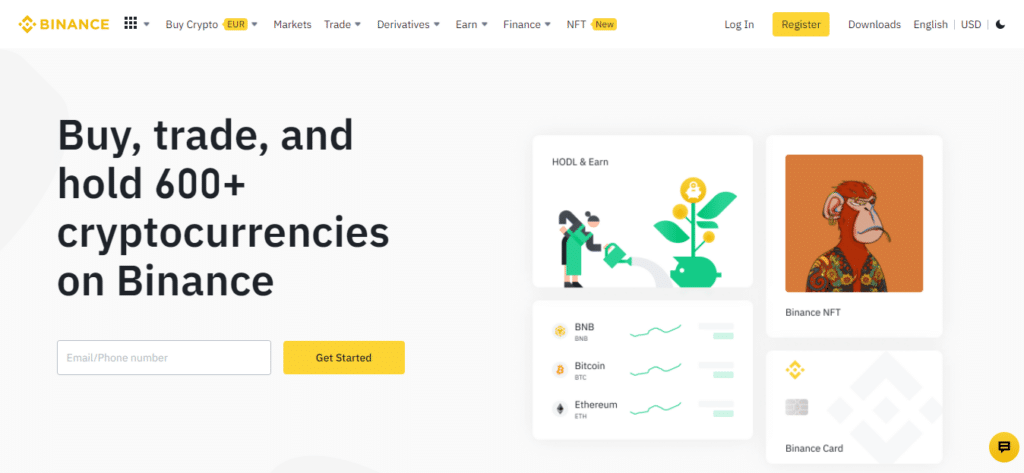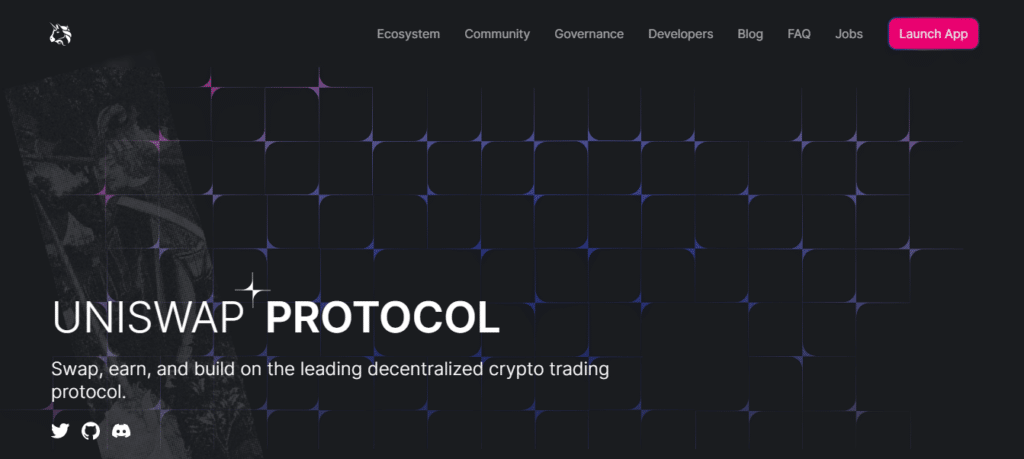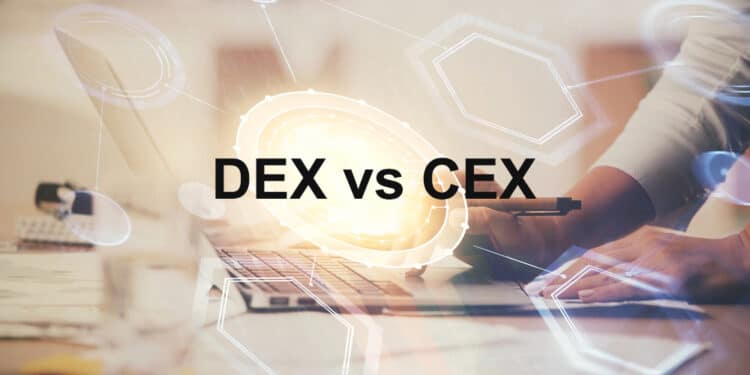The cryptocurrency space is marked with constant innovation, as newer products with better features are released every other day. Exchanges, being the platforms on which the trade of these digital assets happens, have not been left behind. In the beginning, exchanges were all centralized, with a central organization holding the reins. Recently, however, they’ve migrated onto blockchains and achieved true decentralization. In this article, we shall look at both of these types and explore the distinction between them.
History of exchanges
The first cryptocurrency, Bitcoin, was launched in 2009. However, the first crypto exchange would not be launched until a year later, when Mt. Gox opened for business. In 2014, one of the most devastating cyber-attacks targeted this first centralized exchange, making away with 744,000 BTC. Naturally, the exchange went bankrupt.
Meanwhile, Coinbase was gathering popularity, mainly due to its easy-to-use platform and integrated wallet. Over time, other centralized exchanges cropped up, some of which are very popular to date. These were the likes of Binance, Bitmax, and Bitfinex. For a long time, these exchanges served the majority of the crypto market until Decentralized Finance (DeFi) became popular as a product of blockchain technology. Though they had existed since 2014, decentralized exchanges only came into focus after the success of DeFi and the development of Automated Market Maker (AMM) technology.
About CEXs

Centralized exchanges usually feature an order book maintained by a central entity. Usually, they are regulated and therefore subject their clients to rigorous know your customer (KYC) and anti-money laundering (AML) checks. They feature a user-friendly platform, which is especially attractive to beginner traders. They also handle more transaction volumes than DEXs, which means they enjoy higher liquidity. However, they retain the private keys to their integrated wallets, which makes any funds stored in them prone to malicious cyber-attacks.
Pros
- They handle large volumes of daily transactions, which translates to high liquidity. This means that even large traders can seamlessly place their trades without moving the market.
- These platforms support the exchange of fiat to crypto and vice versa.
- Other than offering a trading platform for several assets, they have other features such as margin trading, staking, and lending services.
- They have intuitive interfaces, which makes them easy to use even for beginners.
Cons
- They sacrifice their users’ anonymity by subjecting them to rigorous KYC requirements. Usually, their clients have to verify their identities before they can be allowed to trade on them.
- They do not bequeath their wallets’ keys to their clients, which means they hold authority over any funds contained inside. This poses a security risk for clients who trade with them.
- They are susceptible to hacks that target the assets stored on the exchanges.
About DEXs

After several reported CEX hacks, more and more crypto users are finding the need to keep custody over their own private keys. For that reason, they are making the switch to decentralized exchange platforms, which typically do not take custody of their clients’ funds. They are hosted on blockchains, and they utilize the AMM model, which uses liquidity pools managed by a system of smart contracts.
Users provide liquidity by staking their funds in pairs to these pools in return for passive income. The exchange then sets prices automatically depending on the supply and demand in its pools. These prices may not always match the markets, but keen traders take advantage of this discrepancy for profit through arbitrage.
For instance, if a DEX has a low supply of BNB, it may offer to buy it at a higher price than that offered on the wider market. Traders then buy BNB from the market and sell it into the DEX’s pool for a profit. Over time, the supply rebalances, and the DEX reduces its price to match the wider market.
Pros of decentralization
Non-custodial wallets
DEXs are decentralized in nature. Therefore, there is no central authority to send your funds to if you intend to trade them. Instead, you simply connect your existing wallet, to which you have custody of your own private keys. This way, you can take personal responsibility in ensuring the security of your own funds. What’s more, wallets such as Ledger are developing ways in which swapping crypto is made seamless on DEXs while the coins are stored within Ledger’s cold storage.
No strict KYC requirements
Since these platforms do not deal with fiat currencies, they do not need to comply with strict know your customer rules. This means that you do not need to upload your identification documents before transacting on the exchange. This promotes anonymity and prevents your data from leaking into unauthorized hands.
Wider variety of crypto to choose from
Since DEXs are largely unregulated, they tend to list more up-and-coming projects than their centralized counterparts. Therefore, if you’ve done your research on a new project and you’d like to become one of the early adopters, a DEX would be your best bet.
Community-based governance
Most DEXs offer their users native tokens that carry voting rights to governance decisions on the platform. These tokens put the governance of the DEX into the hands of its community of users, thus ensuring their interests are at the forefront with every development. These tokens are sometimes offered as a reward for providing liquidity to the platform.
Cons of DEXs
- They do not accept fiat payments, thus cannot be a natural stepping stone into crypto trading.
- They typically have lower liquidity than CEXs, which can introduce slippage costs.
- Self-custody of your private keys means any loss is solely your responsibility.
- Any coin can be listed on a DEX, which makes them prone to listing rug pull scams.
Verdict
Both centralized and decentralized exchanges have their fair share of advantages and disadvantages. The choice between the two boils down to your individual needs as a trader. For instance, if you’re a beginner, you’d be better off with a CEX due to its user-friendly design and support of fiat payments. Alternatively, if you wish to invest in up-and-coming projects, a DEX would be your safest bet.




